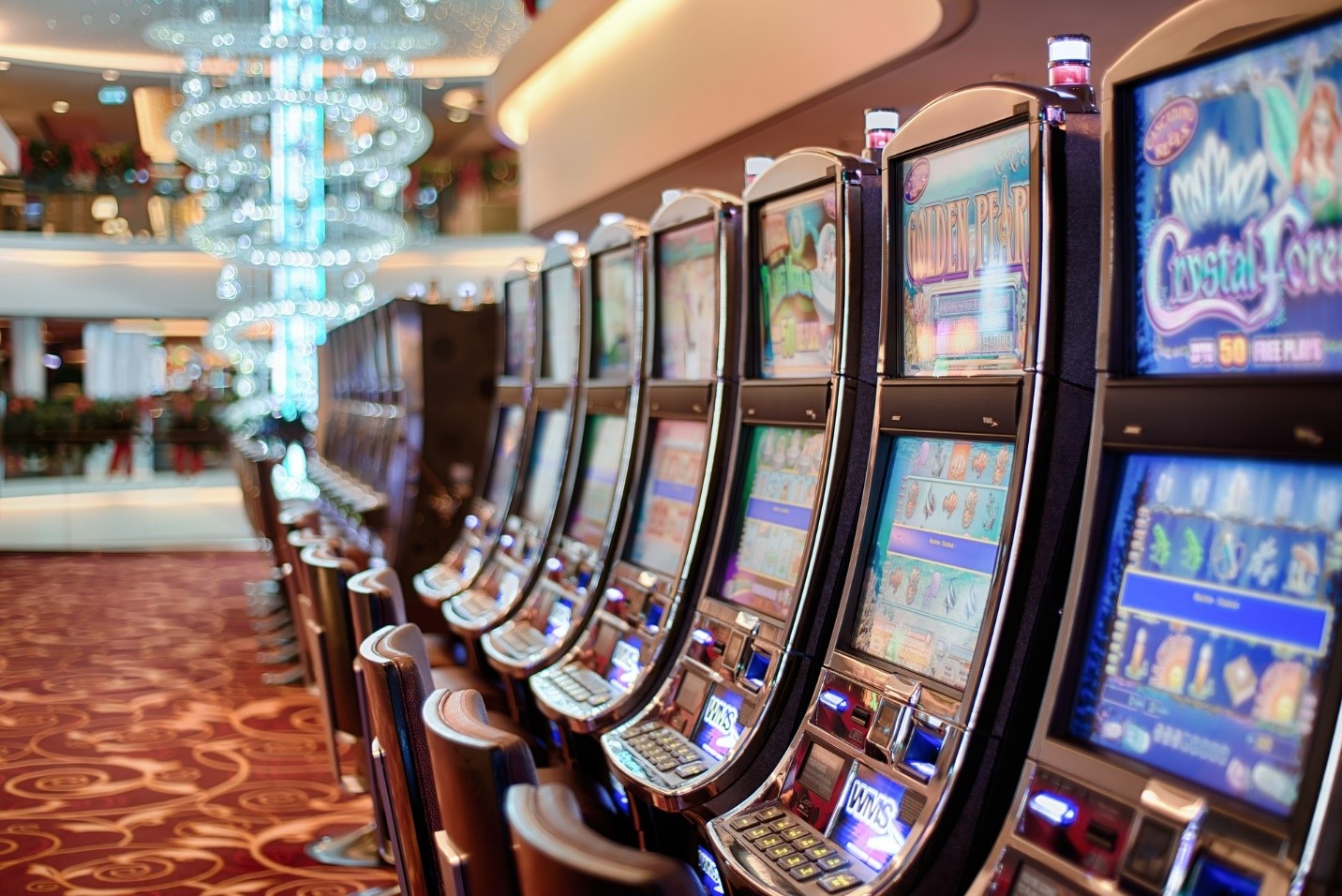
A realm of entertainment has seen numerous changes over the years, but few have captured the creativity and excitement of gamers quite like gambling games. Originating in from the bustling halls of Las Vegas, Nevada and Atlantic City, New Jersey, these entertainments have moved beyond borders and societies, becoming a global phenomenon. Whether in the dazzling lights of a mega-resort to the convenience of online sites, the allure of casino games is undeniable, drawing millions into a world of luck and strategy.
As more countries embrace betting in various forms, the influence of U.S. gambling is evident. They have not only influenced local gaming industries but have also sparked countless adaptations and innovations globally. Classic games such as the poker and blackjack, along with new variations, have created a common dialect of entertainment that connects across varied populations. The combination of gambling risks, rewards, and social engagement found in these activities fosters a distinct sense of belonging, further cementing their place in the global entertainment landscape.
Historical Summary of U.S. Casino Activities
American casino games have a rich and varied history that reflects the cultural evolution of the United States. The origins of these games can be traced back to multiple European gaming traditions brought over by settlers. Games like the poker game, the blackjack game, and the roulette game found their way into the fabric of American society in the 19th century, gaining popularity in saloons and riverboats. These venues provided the perfect setting for community interaction and rivalry, establishing a solid basis for casino gambling as we know it today.
As the nation moved to the west, gambling developed alongside it. The Gold Rush era in the mid-1800s saw the rise of gaming towns such as Deadwood, South Dakota and Tombstone, Arizona, where gambling activities were played with high stakes, frequently accompanied by an air of disorder. This period set the stage for the formalization of casino games in the beginning of the 20th century, notably with the creation of Las Vegas as a gaming hotspot. The building of opulent casinos transformed the gambling environment, establishing an atmosphere where games could thrive and attract visitors from across the globe.
In recent decades, the legalization of casino gaming in multiple states has additionally expanded the range of games available. U.S. casinos now feature a mix of traditional games and innovative offerings that serve to modern players. This growth has allowed for a unique fusion of traditional and newfangled, enabling the continuous development of casino culture in America. The global impact of these games has also led to their incorporation into international gambling markets, demonstrating the enduring influence of U.S. casino gambling activities around the world.
Global Acceptance and Influence
The growth of American gambling games has marked a notable shift in the international gambling landscape. With their attraction crossing boundaries, these titles have enthralled players around the globe. From Texas Hold’em tournaments to slot machines, American styles have established a place in many international casinos. This transfer of culture emphasizes how versatile and engaging these titles are, tailoring to local preferences while maintaining their classic American charm.
Moreover, the influence of these games goes beyond traditional gambling venues. Online platforms have played a pivotal role in popularizing American gambling titles, making them accessible to players worldwide. The ease of online gambling has introduced millions to opportunities that were once confined to physical casinos. Players can now enjoy their beloved games from any location, creating a new wave of excitement and expanding the gamer base significantly.
This global acceptance is also reflected in the incorporation of U.S. casino games into local traditions. yg168 Countries that have adopted these titles often organize their own versions and tournaments, blending local customs with U.S. gaming traditions. This blend not only enhances the gaming journey for participants, but it also highlights the powerful influence that American gambling games have on both leisure and social engagement across different cultures.
Social Adaptations and Improvements
Casino games have undergone notable evolutions as they expanded across various cultures. Each region has absorbed features of American gambling while adding its own traditions and habits. For instance, the rise of online casino platforms has enabled for the inclusion of local flavor into classic titles like Texas Hold’em and 21. Players now enjoy variations that include regional betting styles and unique rules, making the games more relatable and welcoming for varied audiences.
In many countries, the appeal of gambling games has resulted to the development of localized versions that showcase cultural themes and narratives. This adaptability has paved the way for innovative game development that connects with players on a personal basis. Slot machines, for instance, now showcase imagery and audio that celebrate local heritage, legends, and pop culture, which in turn enhances the gaming adventure and promotes a sense of community among gamblers.
Moreover, the worldwide influence of U.S. casino games has inspired new game formats and blended formats. Some establishments have combined traditional gambling with amusement aspects, such as live shows or engaging tech, leading to a more engaging atmosphere. These innovations not only attract a wider crowd but also guarantee that the essence of gambling continues to progress, connecting gaps between different cultures while preserving the thrill that gambling games are celebrated for.
